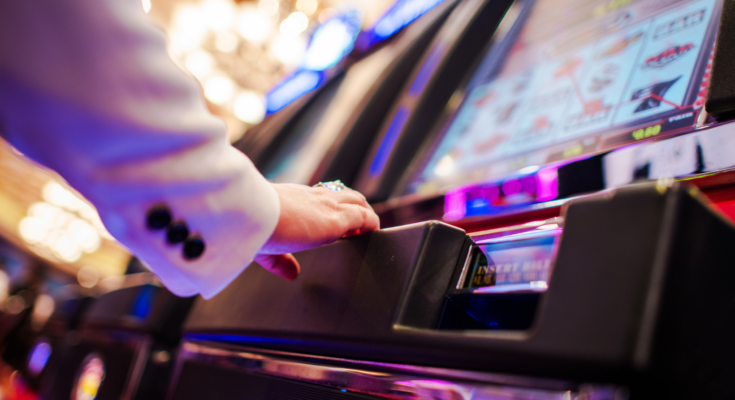Introduction:
Slot games have an undeniable allure that transcends mere entertainment http://https//www.kakekslotjp.com/. They tap into deep-seated psychological mechanisms that keep players engaged and coming back for more. In this article, we’ll delve into the fascinating world of slot game psychology, uncovering the secrets behind their irresistible appeal https://www.lagoldendragonparade.com.
The Power of Reinforcement:
At the heart of slot game psychology lies the principle of reinforcement, which is the process of rewarding desired behaviors. Every spin of the reels represents an opportunity for reinforcement, whether it’s a small win, a near-miss, or a tantalizing glimpse of the jackpot. These intermittent rewards trigger the release of dopamine in the brain, creating a pleasurable sensation that compels players to continue playing in the hopes of experiencing it again.
The Illusion of Control:
Slot games often give players the illusion of control, even though the outcomes are determined by random chance. Features like the ability to stop the reels manually or select the number of paylines can make players feel like they have some degree of influence over the game. This sense of agency keeps players engaged and invested in the outcome, even when the odds are stacked against them.
The Gambler’s Fallacy:
One common cognitive bias that affects slot game players is the gambler’s fallacy, which is the belief that past outcomes influence future results. For example, if a player experiences a string of losses, they may be more likely to believe that a win is imminent and continue playing in the hopes of recouping their losses. This flawed thinking can lead to a phenomenon known as chasing losses, where players gamble recklessly in pursuit of an elusive win.
The Near-Miss Effect:
Another psychological trick employed by slot games is the near-miss effect, where players are tantalizingly close to a win but fall just short. Near-misses create a sense of anticipation and excitement that keeps players engaged and motivated to continue playing. However, research has shown that near-misses can actually increase the urge to gamble, leading to more intense and prolonged play sessions.
Social and Environmental Factors:
Slot games are often designed to be social experiences, encouraging players to share their wins, losses, and experiences with friends and fellow enthusiasts. Social media integration, online leaderboards, and multiplayer features create a sense of community and camaraderie among players, fostering a supportive and engaging environment. Additionally, the sights and sounds of the casino floor, with its bright lights, lively atmosphere, and the promise of big wins, can heighten the excitement and immersion of the gaming experience.
Conclusion:
Slot games are more than just a form of entertainment – they’re a window into the complex workings of the human mind. By tapping into fundamental psychological principles like reinforcement, illusion of control, and social influence, slot games are able to captivate players and keep them coming back for more. Understanding the psychology behind slot games can help players make informed decisions about their gaming habits and enjoy the experience responsibly.




